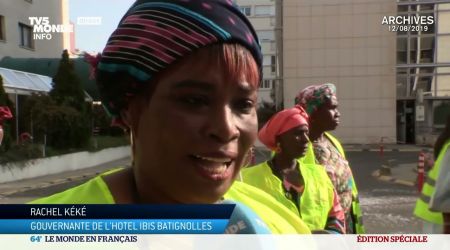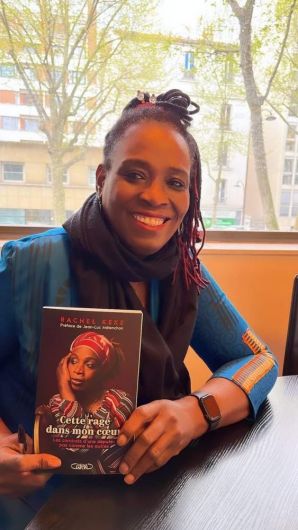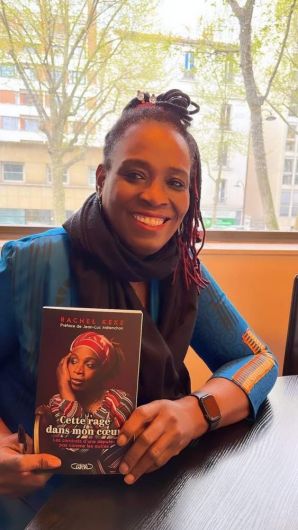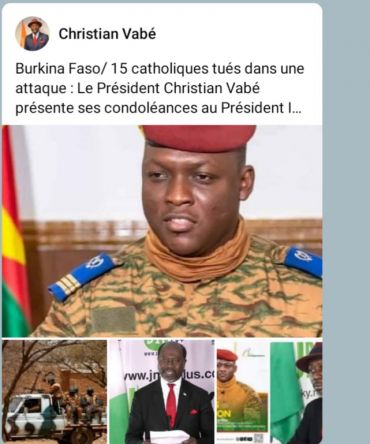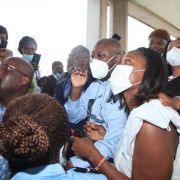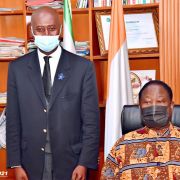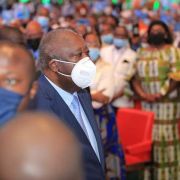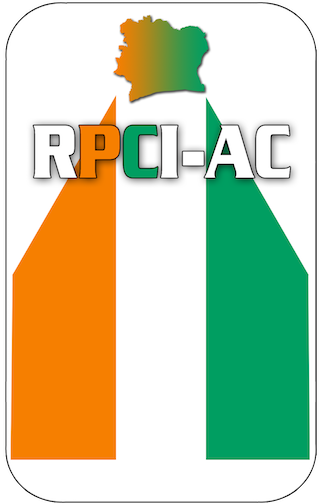Human rights watch: "Why Cote d’Ivoire Should Plan for Peaceful Elections—Now and In the Future"
Par Human rights Watch - Jim Wormington "Why Cote d’Ivoire Should Plan for Peaceful Elections—Now and In the Future".

Published in Jeune Afrique
Jim Wormington
Researcher
@jwormington
Ivorians will vote on October 25 in the first presidential election since November 2010, when the refusal of then-president Laurent Gbagbo to cede power to current president Alassane Ouattara triggered a five-month conflict in which both sides committed widespread atrocities against civilians. The vote will be a major test of the capacity of Côte d’Ivoire, which has a long history of election-related violence, to hold peaceful and democratic elections.
The atrocities of the 2010-2011 post-election crisis, in which more than 3,000 civilians died and 150 women were raped, are unlikely to be repeated. However, since May intermittent street clashes between government and opposition supporters – particularly those sympathetic to Gbagbo – have left at least three people dead and injured dozens. Security forces have used tear gas to disperse opposition protesters unhappy at the government’s handling of the elections, but have at times failed to intervene to separate government and opposition supporters and prevent violence.
The authorities have arrested dozens of opposition leaders and supporters for their role in protests, leading to criticism from both Ivorian and international human rights groups. Several opposition leaders alleged to have instigated "unauthorized" demonstrations, some of which included violence, have been detained in unauthorized locations and without access to legal advice.
In the weeks ahead, there are four things that government and opposition leaders should do to minimize violence and impartially respect the rights of all demonstrators.
First, Ivorian judges should immediately review the grounds for the arrest and detention of opposition leaders and activists in detention. They should order the release of all detainees unless the Ivorian authorities have shown the legal basis for, and necessity of, detention. While Ivorian law requires demonstrators to notify the authorities of demonstrations in advance, which may be reasonable, requiring demonstrators to get the authorities’ permission in advance is likely to be a violation of international human rights law. Anyone arrested in the future should be taken promptly before a judge to review the legality and necessity of the detention.
Second, the government should ensure that all opposition groups, including those sympathetic to former president Gbagbo, can exercise their right to freedom of assembly. Under international law restrictions on freedom of assembly are only justified when they are absolutely necessary, such that the restriction is proportionate to the risk. Before arresting demonstrators and breaking up demonstrations – even those that were unplanned or spontaneous – the government should consider whether there are other alternatives, such as deploying police and gendarmes to protect protesters from all sides.
Third, government officials, pro-government political parties and opposition leaders should work closely together in advance of demonstrations to discuss viable security arrangements, including the routes that demonstrations will take. Several peaceful opposition demonstrations have taken place in Abidjan with agreement between the government and the opposition over the location and the route. Similar approaches should be used for demonstrations outside of Abidjan, including in areas with a high concentration of Gbagbo supporters.
Finally, all political parties should publicly call on their supporters to refrain from violence and fully cooperate with any investigation into such crimes.
That the October elections seem unlikely to provoke large-scale violence does not automatically make them a success in terms of the country’s future stability and respect for human rights.
Win or lose, this will be the last presidential election campaign for President Ouattara. Many observers are already looking to the 2020 presidential elections, when a new set of political leaders will compete for power, as the real test of the country’s long-term security.
By addressing these issues now, Cote d’Ivoire’s current leaders – in government and opposition – have an opportunity to show future generations how elections can and should be conducted with respect for human rights.
Jim Wormington is an Africa researcher at Human Rights Watch.
Region / Country Africa,
Cote d'Ivoire
https://www.hrw.org/news/2015/10/12/why-cote-divoire-should-plan-peacefu...

